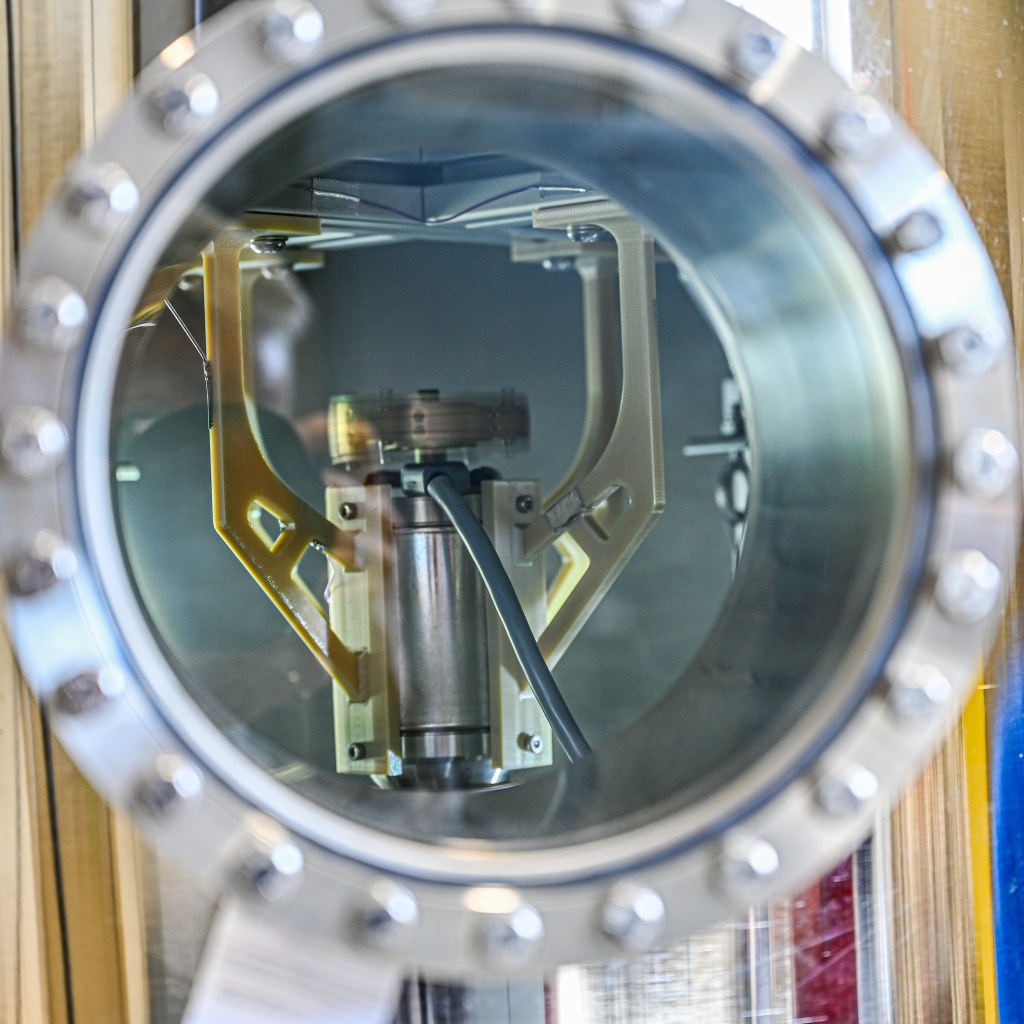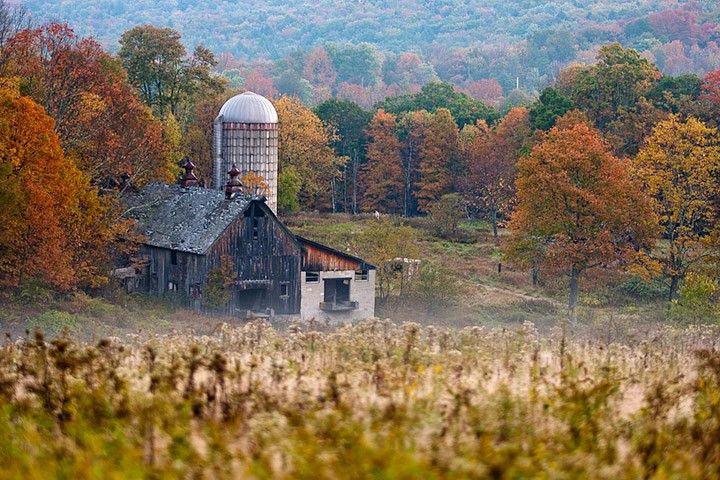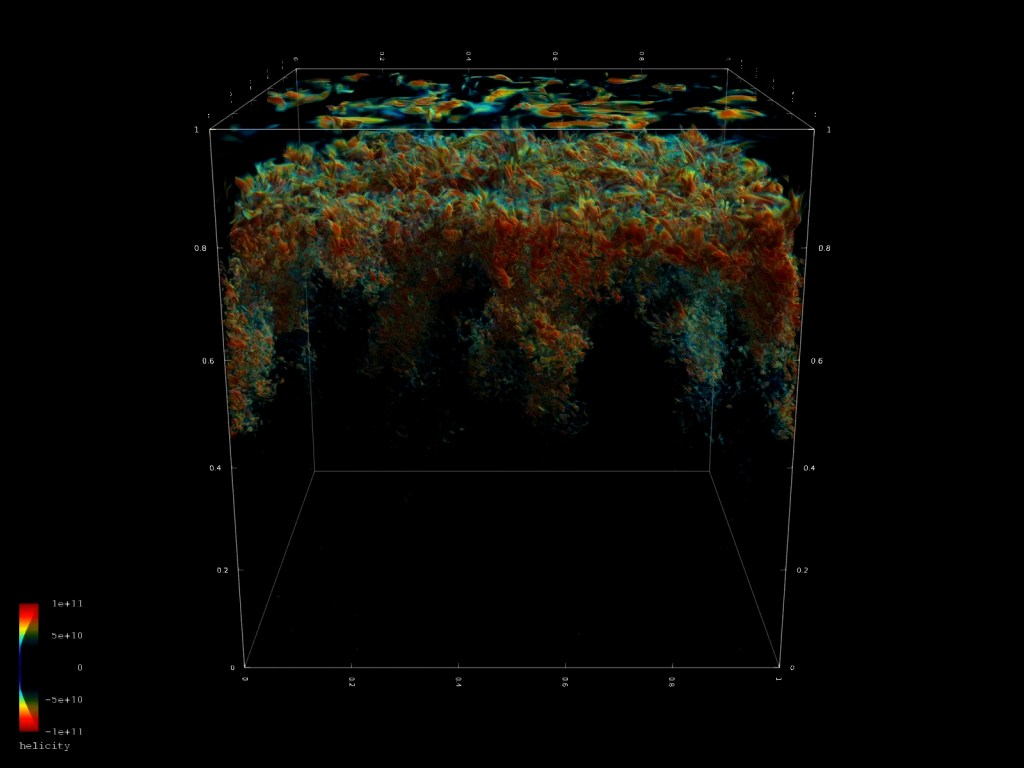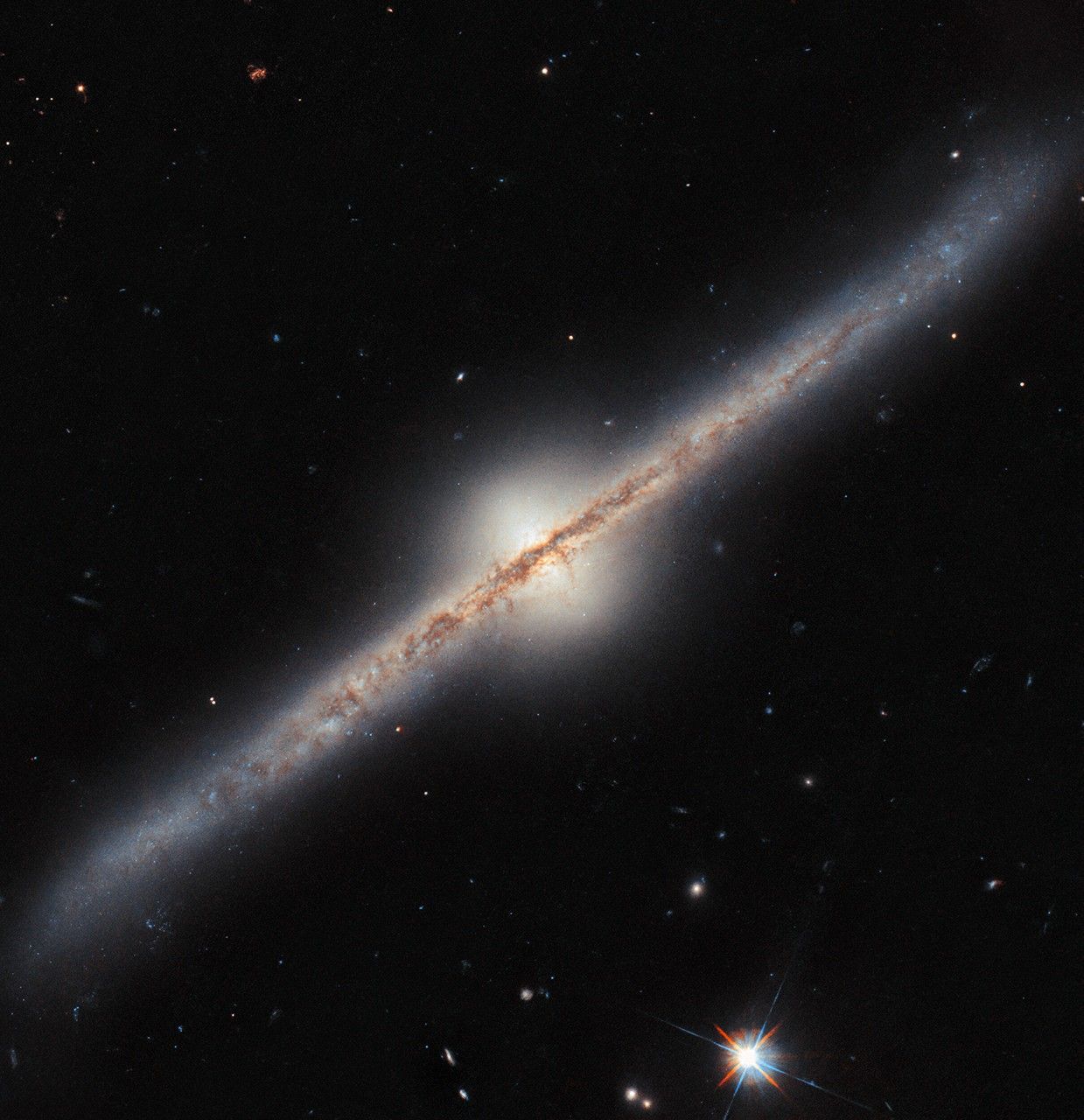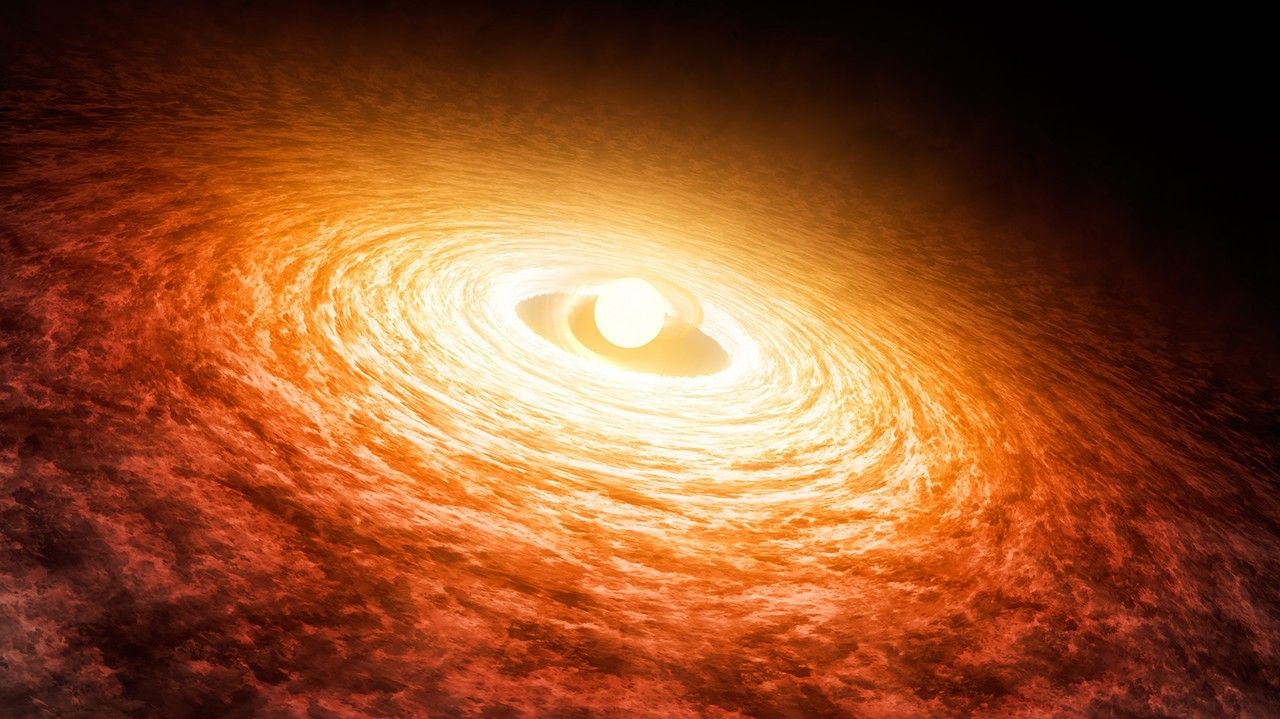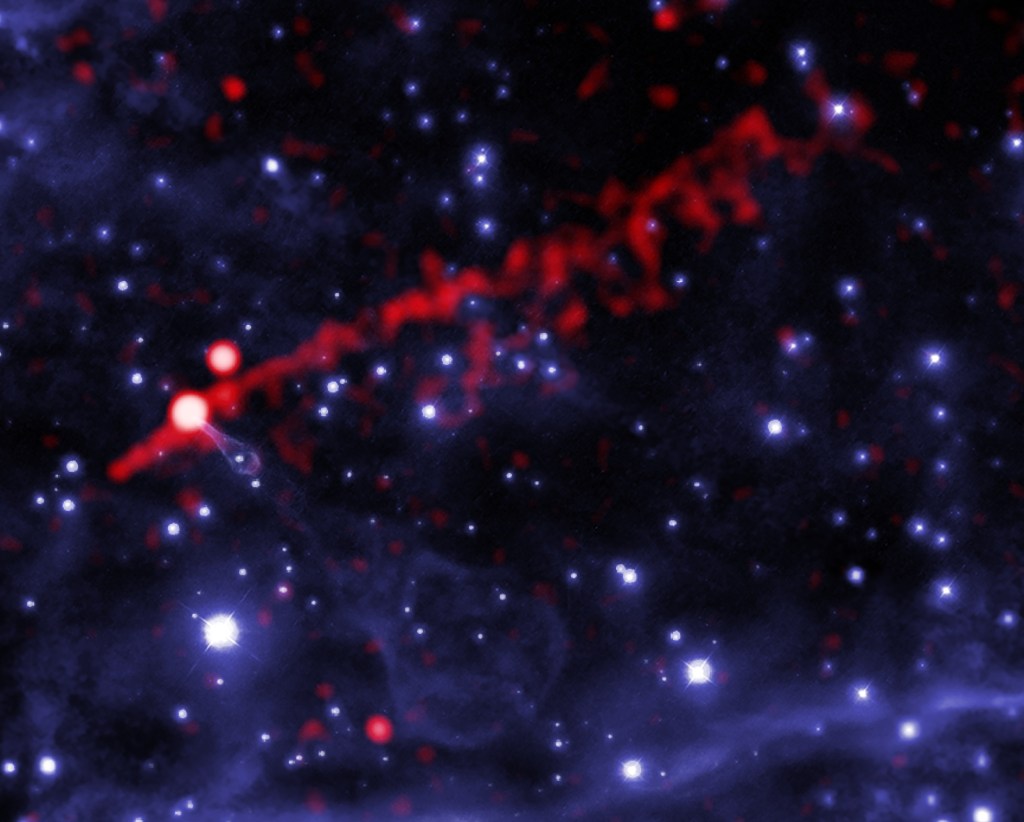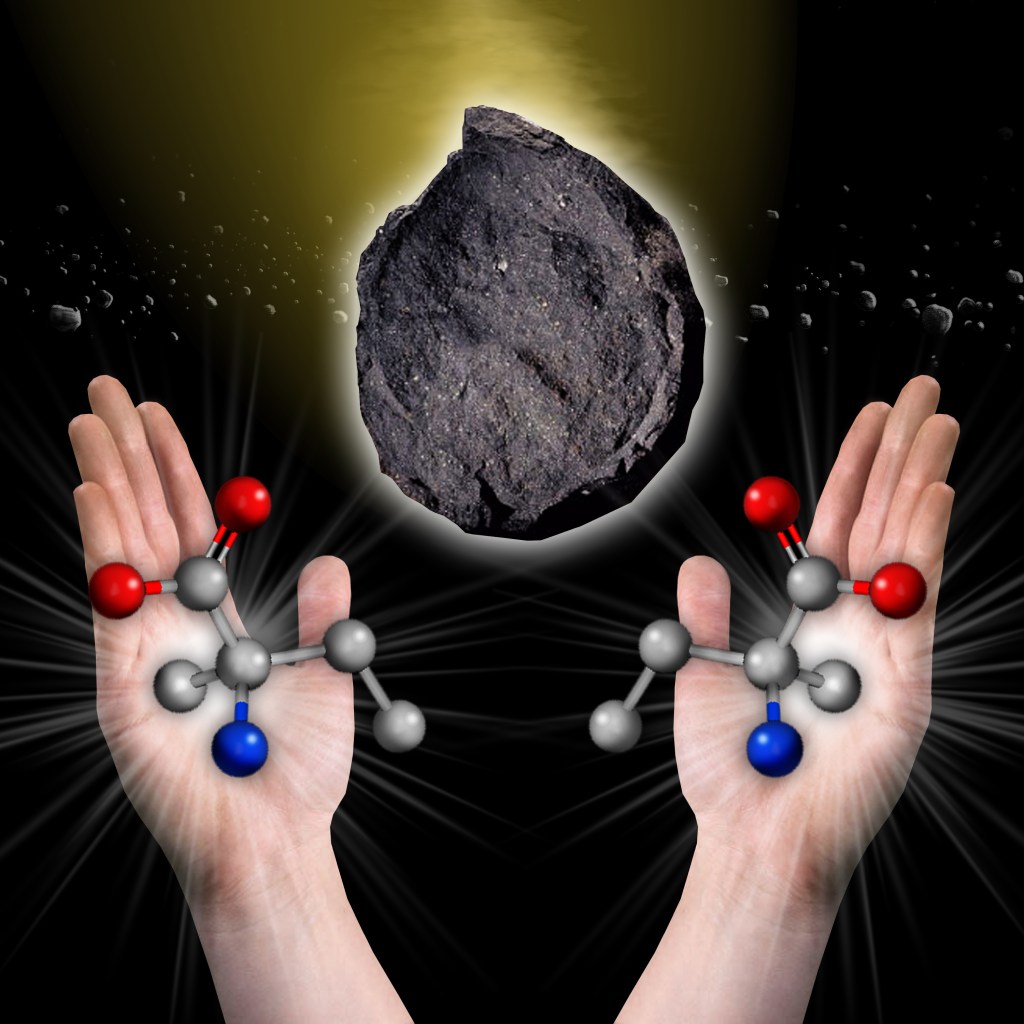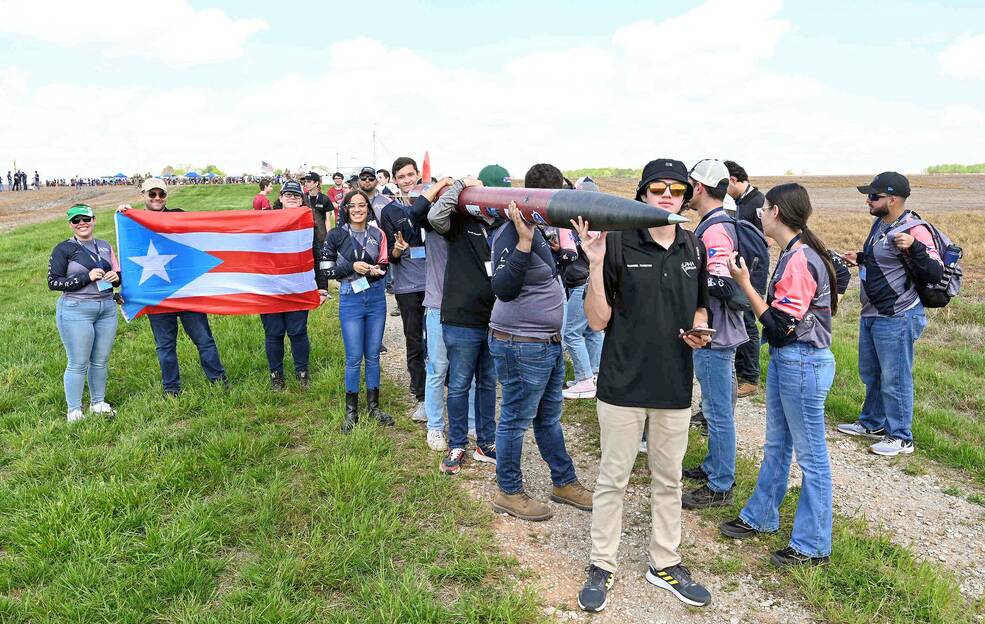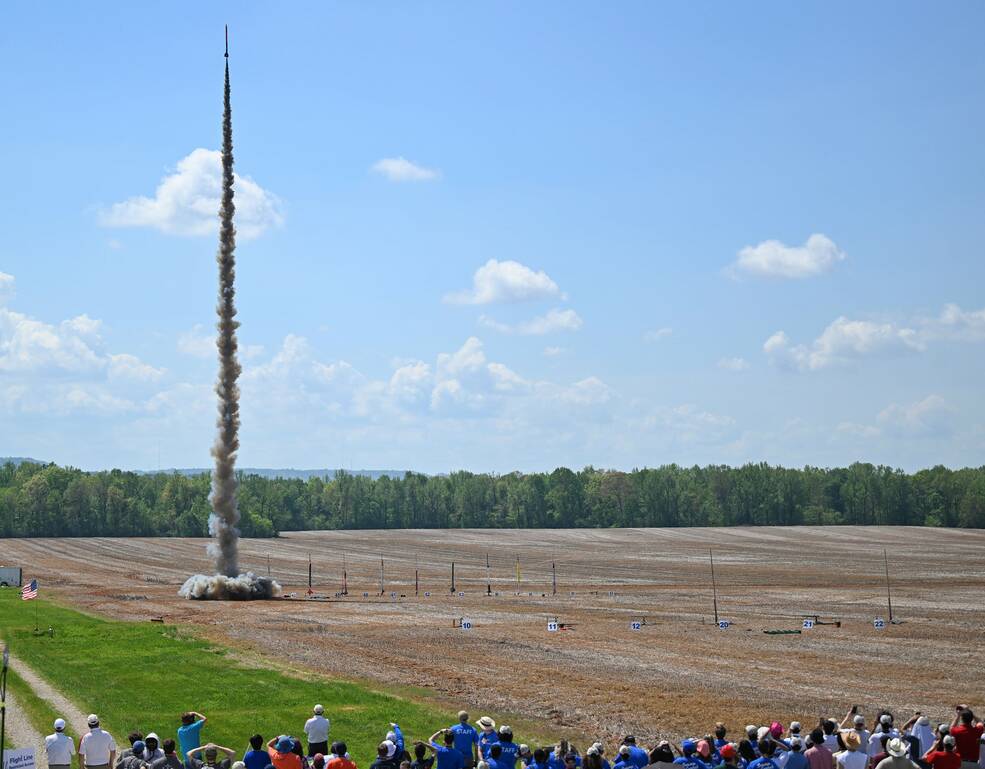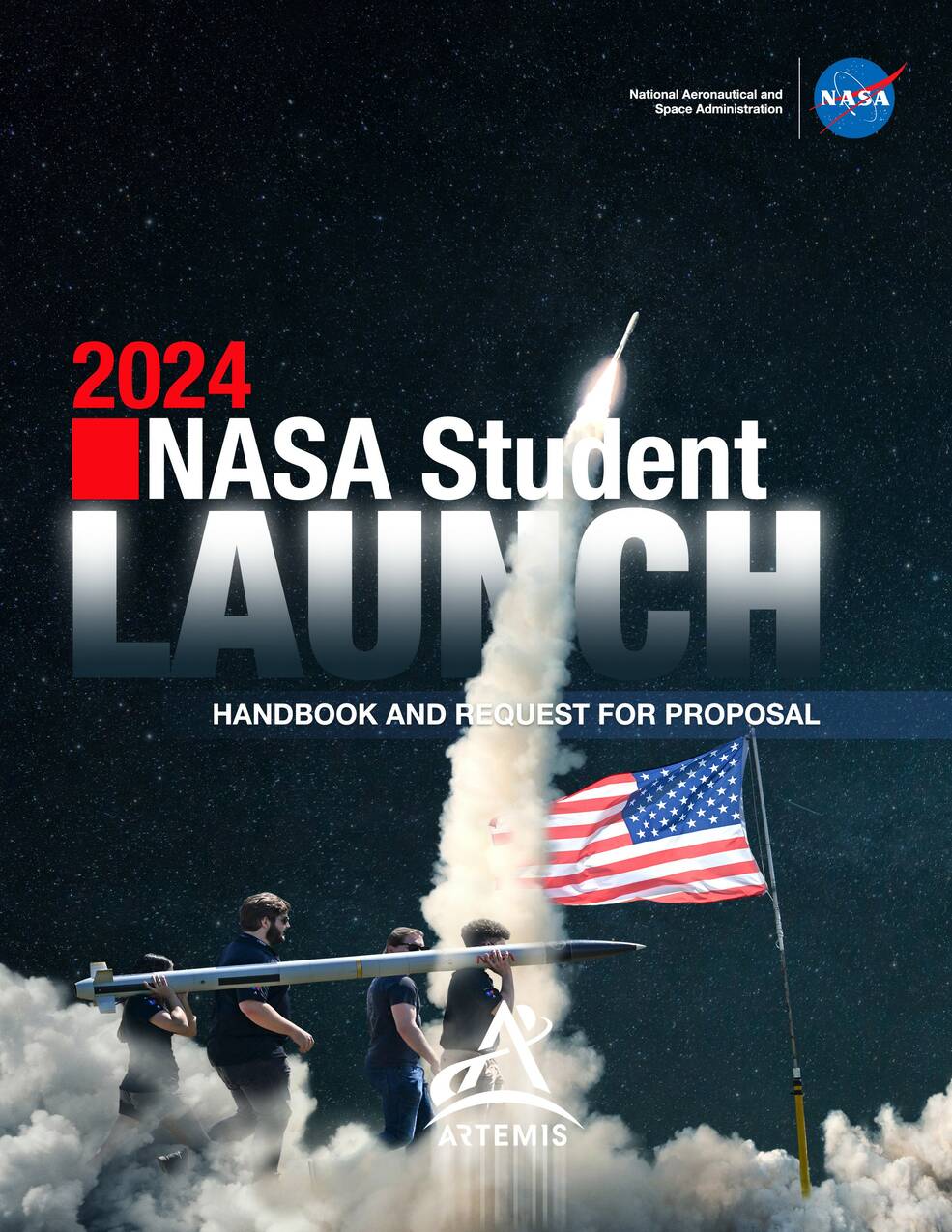The 24th year of NASA’s Student Launch challenge has officially begun with the release of the 2024 handbook, providing in-depth guidance on submitting proposals, safety information, competition rules, and more.
The 24th year of NASA’s Student Launch challenge has officially begun with the release of the 2024 handbook, providing in-depth guidance on submitting proposals, safety information, competition rules, and more. Interested teams should view the website and handbook for eligibility requirements and instructions on submitting proposals by 8 a.m. CDT on Sept. 11, 2023.
Student Launch is an annual competition which challenges middle school, high school, and college students to design, build, test, and launch a high-powered amateur rocket with a scientific or engineering payload. After a team is selected, they must meet documentation milestones and undergo detailed reviews throughout the school year.
The 2024 on-site event is scheduled for April 10-14, 2024, with final launches April 13 at Bragg Farms in Toney, Alabama, minutes north of NASA’s Marshall Space Flight Center.
“Student teams must meet similar standards used by professionals at NASA and throughout the aerospace industry,” said Fred Kepner, education program specialist and Student Launch activity lead at Marshall. “This competition is a fantastic way for students to advance their skills but is also beneficial for NASA as it enriches the future workforce.”
Each year, NASA updates the payload challenge to reflect current scientific and exploration missions. For the 2024 season, the payload challenge takes inspiration from the Artemis missions, which seek to land the first women and first person of color on the Moon for the first time since the Apollo program. Selected teams must design a SAIL (STEMnauts Atmosphere Independent Lander) payload for deployment mid-air, then safely land a group of four STEMnauts, non-living objects representing astronauts, to a predetermined location and orientation. Students will choose metrics to support evidence of a survivable landing.
“NASA has announced the four astronauts selected for the Artemis II mission and we are excited about the timeliness of this challenge,” Kepner said. “Giving students the opportunity to design individual landers will provide them with valuable knowledge which can be applied to their future careers in the aerospace industry.”
The college/university division teams must design a payload to match the 2024 requirements. However, middle and high school teams may choose to attempt the SAIL payload challenge or develop their own science or engineering payload experiment.
In addition to designing a high-powered rocket and unique payload, teams must also predict their rocket’s target altitude months in advance of launch day. The teams closest to their projection in each division win the Altitude Award, one of several awards available. Teams earn points for progress and successes achieved throughout the year and will be scored accordingly in nearly a dozen other categories, including safety review, vehicle design, social media presence, and more.
Marshall’s Office of STEM Engagement hosts Student Launch to encourage students to pursue degrees and careers in STEM (science, technology, engineering and math) by providing them with real-world experiences. Student Launch is one of NASA’s eight Artemis Student Challenges – a variety of activities that expose students to the knowledge and technology required to achieve the goals of Artemis.
In addition to the NASA Office of STEM Engagement’s Next Gen STEM project, NASA Space Operations Mission Directorate, Northrup Grumman, National Space Club Huntsville, American Institute of Aeronautics and Astronautics, National Association of Rocketry, Relativity Space and Bastion Technologies provide funding and leadership for the competition.
For more information about Student Launch, please visit:
https://www.nasa.gov/audience/forstudents/studentlaunch/home/index.html
The Student Launch Handbook is available at:
https://www.nasa.gov/stem/studentlaunch/handbook/index.html
Christopher Blair
Marshall Space Flight Center
Huntsville, Alabama
256-544-0034





